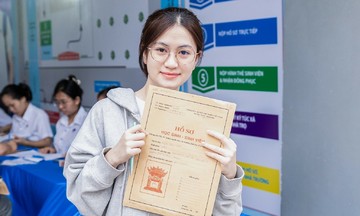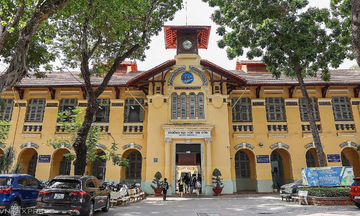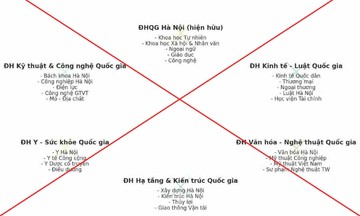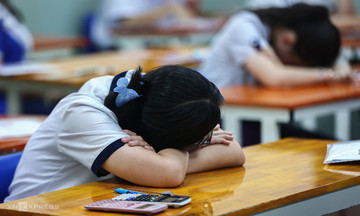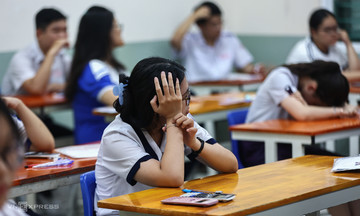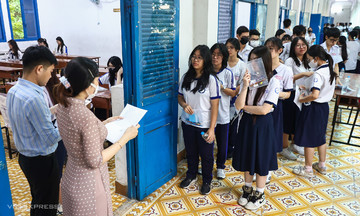Tsinghua University announced the appointment of Liu Jun on 9/9, granting him the title of "Distinguished Professor." This is the university's highest academic rank, an honor previously bestowed upon only two other returning scientists from abroad.
Liu Jun is a world-renowned statistician and a member of the National Academy of Sciences and the American Statistical Association. He has made pioneering contributions to Bayesian inference, computational biology, and bioinformatics. He is a recipient of the COPSS Presidents' Award, one of the most prestigious awards in statistics, and the Morningside Medal of Applied Mathematics, awarded to ethnic Chinese individuals with outstanding achievements in mathematics.
With his extensive academic influence, Liu Jun is expected to lead the field of statistics and data science, cultivate talent, and elevate Tsinghua University to a world-leading institution.
Liu Jun's return to China coincides with research funding cuts at several American universities, including Harvard. However, he states his motivation stems from a passion for education, scientific research, and a deep connection to his homeland.
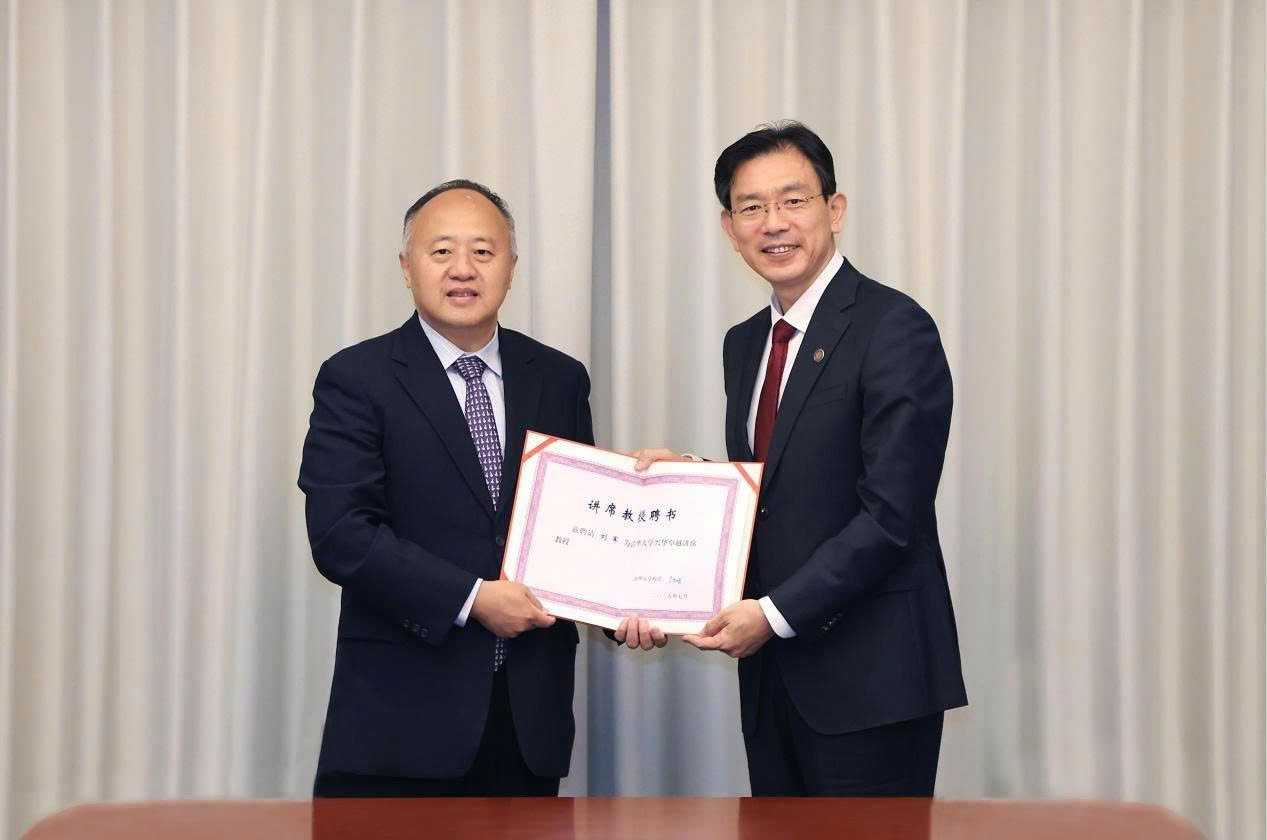 |
Liu Jun at his appointment ceremony. Photo: Tsinghua University |
Liu Jun at his appointment ceremony. Photo: Tsinghua University
Liu Jun was born and raised on the Tsinghua University campus, where his father was a lecturer. During the latter part of the Cultural Revolution, he had limited access to mathematical materials. His father had to borrow and even hand-copy materials for him.
"Doing math was like a game, requiring only paper and a pencil," he recalls. "I didn't differentiate between high school or university-level books; I read everything I could find."
In 1985, Liu Jun earned a bachelor's degree in mathematics from Peking University, graduating among the top students and securing a scholarship to study in the US. He says that while studying at Rutgers University, his biggest hurdle was the language barrier, but understanding formulas and equations helped him manage.
"I got straight As without needing to understand much of what the teachers said," he recounts.
In 1988, Liu Jun transferred to the University of Chicago to focus on statistics. He completed his doctorate in an accelerated three years, instead of the usual five, and was subsequently offered a position at Harvard University.
"I didn't want to solve a problem just because no one had done it before. I wanted to connect with real-world applications. Even though I didn't fully understand what statistics was, I was drawn to it for that reason," he explains.
He later taught at Stanford University. In 2000, Liu Jun returned to Harvard as a tenured professor of statistics.
Despite building his career in the US, Liu Jun maintained strong ties with his homeland. Since 2005, he has been a visiting professor at Tsinghua University. In 2015, he founded the Center for Statistics there and served as its honorary director. He also played a key role in establishing the Department of Statistics and Data Science, which launched last July.
"Statistics and data science are important methods and ways of thinking in interdisciplinary research, and they are also the core foundation for artificial intelligence," he notes.
Liu Jun joins a decades-long trend of Chinese scientists returning to their home country. Before him, several renowned mathematicians of Chinese descent, such as Sun Song from the University of California, Berkeley, Ruan Yongbin from the University of Michigan, and number theorist Liu Yifei from Harvard University, have returned to work in China.
Based on data from 200 million scientists across 25,000 institutions, a study in the Proceedings of the National Academy of Sciences indicates that between 2010 and 2021, nearly 20,000 scientists of Chinese origin left the US.
Huyen Trang (according to SMCP, NAS, Harvard Gazette)





